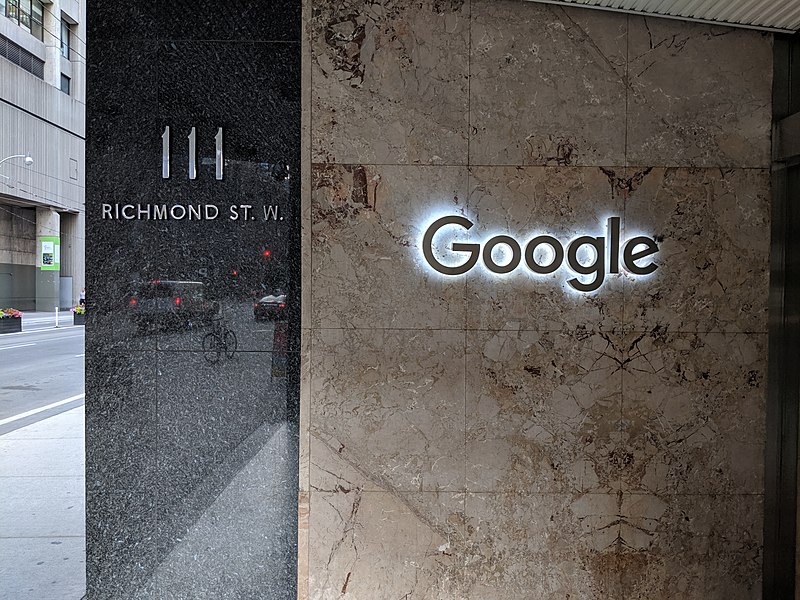The lawsuit claims that Google has uses anticompetitive practices to dominate the digital advertising market.
The U.S. Department of Justice has filed another antitrust lawsuit against Google, alleging that the company wields disproportionate power over digital advertising.
According to The New York Times, the lawsuit claims that Google has “corrupted legitimate competition in the ad tech industry by engaging in a systematic campaign to seize control of the wide-swath of high-tech tools used by publishers, advertisers and brokers to facilitate digital advertising.”
The lawsuit has asked the U.S. District Court for the Eastern District of Virginia to compel Google to sell its wide range of advertisement technology products, which include software for buying and selling advertisements and monitoring transactions.
The Justice Department has also the court to stop Google from engaging in any further anticompetitive practices.
The New York Times reports that the latest lawsuit is the fifth antitrust claim that the federal government has filed against Google in recent years.
U.S. Attorney Merrick Garland said that monopolies like Google “threaten the free and fair markets upon which our economy is based.”
“We will aggressively protect consumers, safeguard competition and work to ensure economic fairness and opportunity for all,” Garland said.
In its lawsuit, the Justice Department claims that Google established a digital marketing monopoly by purchasing critical tools that deliver ads to publishers.

Since Google owned many of these advertising technologies, third-party companies had to pay more for advertising space, all while forfeiting a percentage to Google.
“Each time a threat has emerged, Google has used its market power in one or more of these ad tech tools to quash the threat,” the lawsuit states. “The result: Google’s plan for durable, industrywide dominance has succeeded.”
“Google would no longer have to compete on the merits; it could simply set the rules of the game to exclude rivals,” Justice Department alleges.
“In effect, Google was robbing from Peter (the advertisers) to pay Paul (the publishers), all the while collecting a hefty transaction fee for its own privileged position in the middle,” the government claims. “Rather than helping to fund website publishing, Google was siphoning off advertising dollars for itself through the imposition of supra-competitive fees on its platforms. A rival publisher ad server could not compete with Google’s inflated ad prices, especially without access to Google’s captive advertiser demand from Google Ads.”
According to the lawsuit, even some of Google’s higher-ranking executives questioned the company’s domination of the digital advertising market.
″[I]s there a deeper issue with us owning the platform, the exchange, and a huge network?” the executive said. “The analogy would be if Goldman or Citibank owned the NYSE.”
Google has since responded to the lawsuit, claiming that it lacks any and all merit.
“Today’s lawsuit from the DOJ attempts to pick winners and losers in the highly competitive advertising technology sector,” a Google spokesperson said in a statement. “It largely duplicates an unfounded lawsuit by the Texas Attorney General, much of which was recently dismissed by a federal court. DOJ is doubling down on a flawed argument that would slow innovation, raise advertising fees, and make it harder for thousands of small businesses and publishers to grow.”
Sources
DOJ files second antitrust suit against Google, seeks to break up its ad business


Join the conversation!